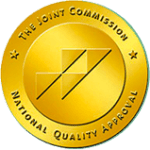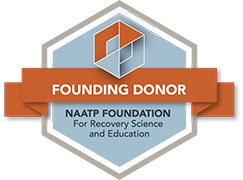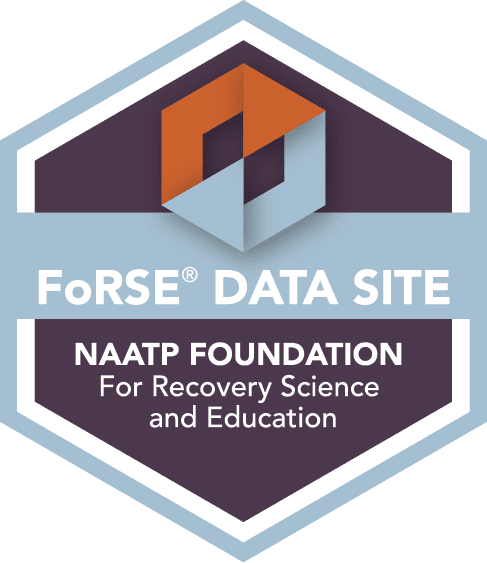Outreach
When you come to High Watch, you become an immediate part of our family. When you leave, that doesn’t end and we want to be with our alumni offering support throughout their entire lives. Just over a year ago, we developed a system to do just that by following up with alumni after they leave The Hill.
The Alumni Relations team follows our alumni and checks in on their progress. Michelle Merlo took on the role of Outcomes Research Coordinator just a few months ago and has been calling alumni daily to check in on them and to see how they are doing in their recovery.
All of our alumni receive a phone call on the day after they leave High Watch. Michelle then contacts alumni six more times at varying intervals within the first year after they leave. We reach out to folks by phone, email, Facebook messaging, and any other means available. It is so important that we contact as many people as possible.
During the call, we ask how alumni are doing as well as what they are doing to promote their recovery. We have uncovered a range of detailed data as a result of these follow-up calls. So far, none of it is surprising.
First, alumni who live alone are much less likely to be happy than those who live with their spouse, friends, or family. Not surprisingly, they are more likely to relapse.
Second, those folks who work full-time are much more likely to be happy than those who work part-time or who are not working. They are also much less likely to relapse.
Next, individuals who surround themselves with AA friends are almost universally happy. People who are isolated are less happy and far more likely to relapse.
Seeking help makes a difference. Alumni who see a therapist are more likely to be happy than those who are not and they are also less likely to relapse. Don’t be afraid to continue getting help from a professional after you leave.
Important, too, is that attending meetings and having a sponsor matter. Those people who have a sponsor and attend daily meetings are FAR more likely to remain sober than those who don’t.
One more thing that is becoming very clear to us is that the longer guests stay with us, the better they do in their recovery after they leave. We found that those who stayed with us for just 21 days were more likely to relapse than those who spent over 30 days with us. Recovery isn’t easy and time matters.
What does all of this mean? It means that it works if you work it. If you stay with us as long as you can and do what our clinicians and 12-step coaches tell you to do after you leave, you have the best chance possible of succeeding.
If you’re not sure what to do, you can always call us. We’re here for you.








